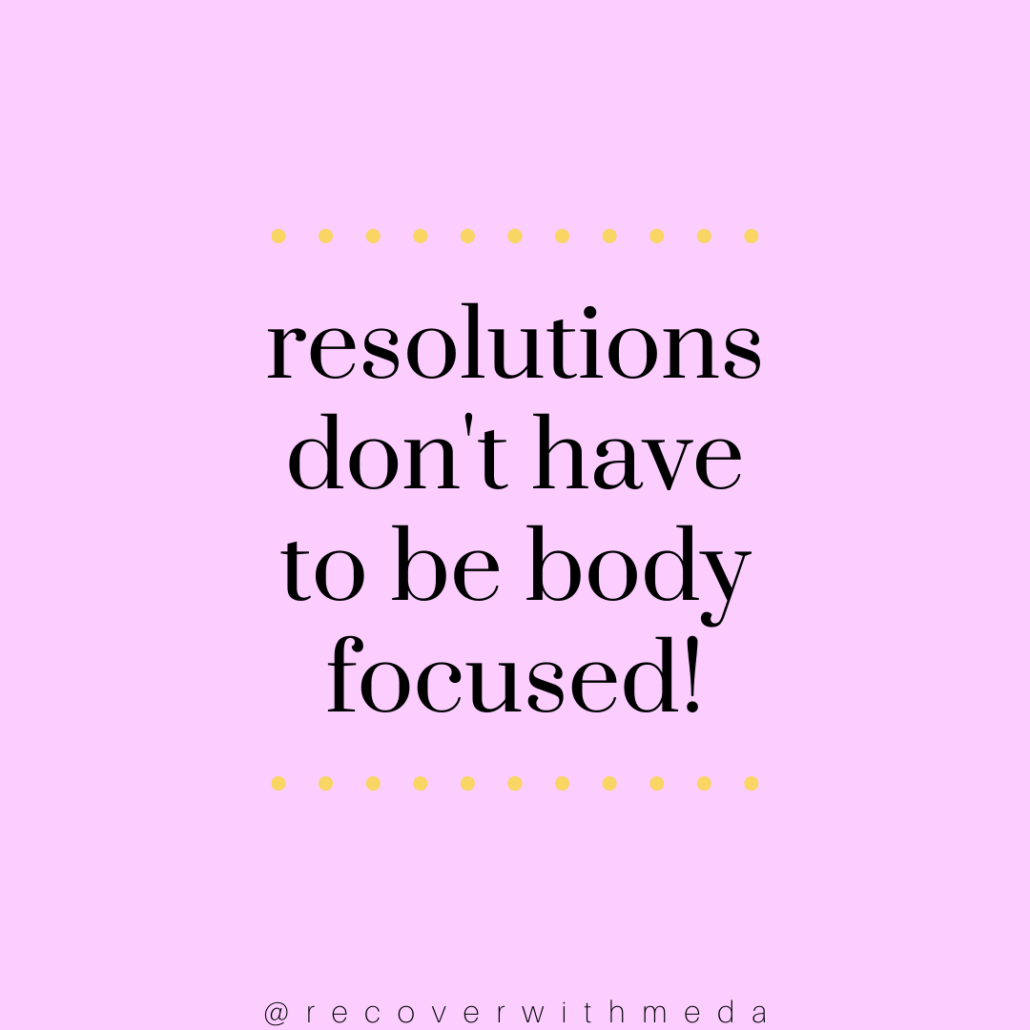
Tips for Preventing Eating Disorder Relapse
Tips for Preventing Eating Disorder Relapse by Timberline Knolls Staff
Recovering from an eating disorder, such as anorexia nervosa, bulimia nervosa, or binge-eating disorder, is often a process that can take a significant amount of time. The recovery process is different for each person, and for many people, relapse might be a part of that journey. However, there are measures you can take to help decrease your chances of experiencing relapse as you progress through your recovery journey.
Understanding Eating Disorder Relapse
Even after someone has participated in treatment for an eating disorder, they may still be at risk for relapse of some of the symptoms they struggled with previously. In fact, according to a 2016 study in the journal BMC Psychiatry, studies on relapse prevention have found that up to 41% of patients in recovery from anorexia nervosa experience relapse within 18 months.
Many different influences can trigger the compulsion to engage in disordered eating behaviors after treatment, including:
- Experiencing extreme stress or trauma
- Becoming pregnant or having a baby
- Being around someone who is on a restrictive diet
- Starting a new relationship or going through a breakup
- Experiencing an injury that keeps you from exercising
- Any weight gain, whether age or health-related
Eating disorders are complex illnesses that no two people experience the same way, so each person has their own personal triggers that may make them more vulnerable to relapse. What might be a trigger for one person might not be a trigger for another.

Eating Disorder Relapse Prevention Tips
Viewing recovery from an eating disorder as a journey rather than a
destination is the first step toward preventing relapse. This requires a firm
understanding that the healing process may take years depending on your unique
situation. Your journey might be shorter — or longer — than others’, but the
key is to prepare for the process. These are some of the most beneficial
relapse prevention tools to add to your recovery toolkit:
- Identify
your triggers: Understanding what situations and emotions trigger the urge
to engage in disordered eating behaviors can help you anticipate these
influences before they become triggers. Identifying your triggers can also help
you understand why you might be struggling to cope with specific situations.
- Turn to your support system: Two major factors of eating disorders are secrecy and isolation. To prevent these influences from creeping back in, turn to a trusted friend or family member when you’re feeling triggered and let them know you’re struggling. If the symptoms you’re experiencing start to become overwhelming, ask your support network for help.
If you do experience a relapse, it does not mean you have failed. There is hope for recovery no matter where you are in your wellness journey. With some preparation and self-awareness, you can minimize your risk for experiencing a relapse.









